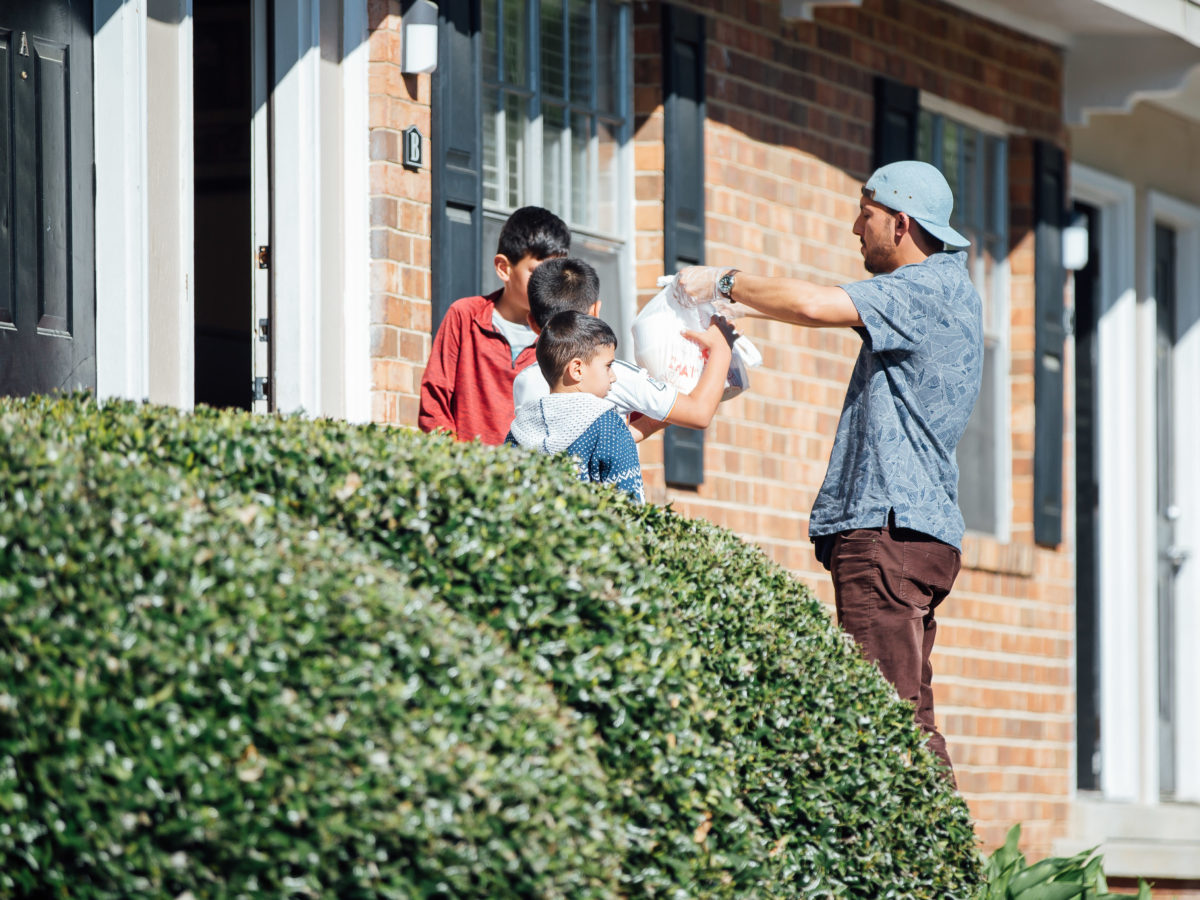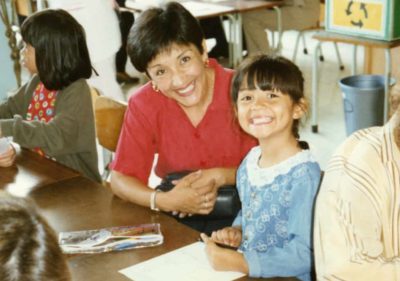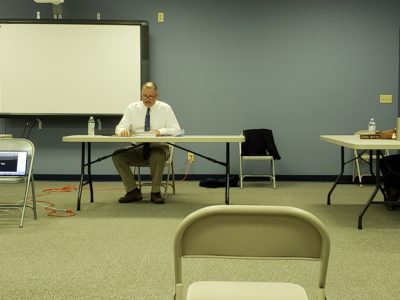
The coronavirus pandemic is presenting challenges for every student in North Carolina. For refugee students, these challenges can be especially intense.
“Once the COVID crisis occurred and the students were out of school, these students kind of disappeared from the school radar,” said Stacy Parker-Fisher, a tutor at the Refugee Support Center in Carrboro.
The Refugee Support Center provides assistance to refugees in Orange County and surrounding areas by offering resources and teaching skills that promote self-sufficiency.
Flicka Bateman, director of the Center, said remote learning is a significant barrier to education for refugees.
“I just don’t think it’s at the same rate and the same quality,” Bateman said.
Refugees, by definition, have faced huge challenges. Individuals are considered for legal refugee status when they are unable or unwilling to return to a country due to “persecution or a well-founded fear of persecution on account of race, religion, nationality, membership in a particular social group, or political opinion” as stated in the Immigration and Nationality Act.
The pandemic has only magnified the challenges refugees face in the United States — particularly, communication. Many refugee families have limited knowledge of English and primarily speak a variety of other languages at home.
“COVID-19 is a really great example of these gaps in the system. Our families were the last to know about just about everything,” said Rob Callus, program manager of refugee and immigrant youth services for World Relief Durham, which provides refugee resettlement, refugee and immigrant youth services, and immigration legal services in the Durham area.
“No communication is coming out in Arabic, in any of the other languages that we work in,” he said.
While World Relief Durham is able to provide support to many families in Durham Public Schools and is attempting to scale up services, it’s unable to reach all refugee families in the system.
“Often it just involves me taking whatever we hear from the schools and working with interpreters to make sure that our clients that we work with are aware of it,” Callus said. “We’re getting the messages to our clients, but there are hundreds of other families that are not getting the message.”
Many parents have lost their jobs during the coronavirus crisis, adding another challenge for refugee students, said Grace Childrey, an ESL teacher at Hope Valley Elementary School in Durham.
“One of the biggest issues, definitely at the beginning, was job loss for a lot of the parents, because a lot of the adults were in more service industry careers, so those are definitely more affected by the coronavirus,” Childrey said.
“I think that was kind of the first wave of making sure — is everybody covered? Is everyone okay?” she said.
After that, parents needed help navigating online learning.
Paw Paw Wei is a member of the refugee community and is the volunteer coordinator for the Refugee Community Partnership in Carrboro, which provides support, opportunities, and resources for refugees in the Piedmont. Wei said lack of knowledge about setting up and using a computer made the transition to remote education rocky for many families.
“What do you do, once you get a computer?” Wei said. “They’ve got them in their hands, but there’s no work getting done.”
After one of her students was struggling to access remote learning, Parker-Fisher sanitized her own device and took it to him, along with directions on how to use it. Once it was set up, more problems arose.
“They don’t have a printer. And I printed materials out, and then through Google Hangouts tried to walk him through that,” Parker-Fisher said. “He’s making some great progress, but it was really clear that it took extraordinary efforts in order to get that set up.”
Many refugees may have to continue learning remotely this fall under Gov. Roy Cooper’s plan for reopening schools, which will allow districts to choose if they want to reopen schools with social distancing and other precautions or continue remote-only learning.
During a July 14 press conference, Cooper acknowledged the challenges of learning during the pandemic.
“We know that schools provide so much more than just academic lessons,” Cooper said.




